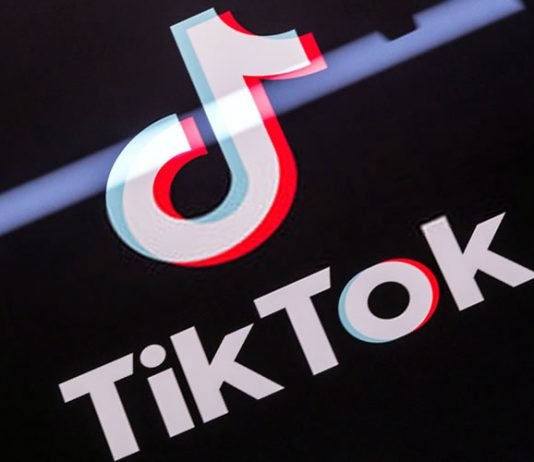Former TikTok executive Yintao Yu has filed a lawsuit against ByteDance, the parent company of TikTok, alleging that the company engaged in a “global scheme to steal other people’s content for profit” without permission.
Yu was the head of engineering at ByteDance before being fired in November 2018. He alleges he was fired after informing top management that the company was taking user information from sites like Instagram and Snapchat. The allegations date back to five years ago, but they are likely to fuel more scrutiny of TikTok, which faces the prospect of a nationwide ban in the United States due to growing concerns about national security and data privacy.
Yu’s lawsuit also claims that ByteDance had a “special unit of Chinese Communist Party members” who “led how the company advanced its core communist values.” It further alleges that ByteDance employees manipulated China’s version of TikTok, Douyin, to suppress content about protests in Hong Kong and promote content expressing hatred of Japan. Additionally, Yu speculates that ByteDance created fake users to boost metrics and serve as a useful propaganda tool for the Chinese Communist Party (CCP).
The lawsuit is a significant blow to TikTok, which has been under intense scrutiny from US officials and lawmakers over concerns about national security and data privacy. The Biden administration has demanded that ByteDance sell its stake in TikTok or face a potential nationwide ban. The administration has expressed concerns that the Chinese app poses a national security threat, and with TikTok having more than 100 million US users, the administration has decided that the app’s user data is not secure in China.
In the past, the use of TikTok on government-issued mobile devices has already been banned in the United States. Still, this incident is the first to mention the possibility of a nationwide ban, which could have severe consequences for TikTok’s future in the United States.
Yu’s lawsuit is just the latest example of the growing concern over TikTok’s practices. For now, it remains to be seen how the lawsuit will play out in court and what impact it will have on TikTok’s operations in the United States.


